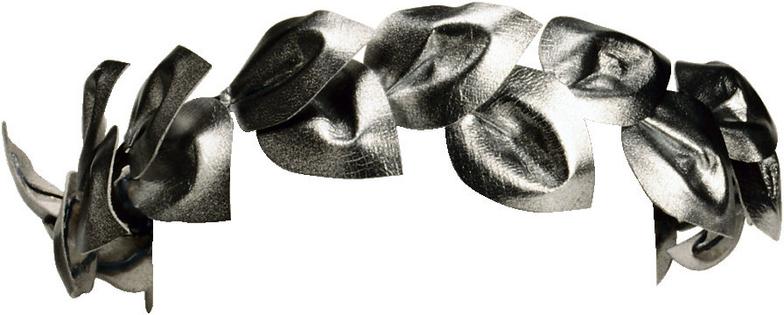Search EnFlourish:
Resources for Language Arts Classrooms
.
.
.
.
.
.
.
.
.
.
.
.
.
.
.
.
.
.
.
.
.
.
.
.
.
.
.
.
.
.
.
.
.
.
.
.
.
.
.
.
.
.
.
.
.
.
.
.
The public is waiting outside to hear the reasoning behind Caesar’s death. Brutus has Cassius go to another side of the street to also describe their logic to another group of Romans.
Brutus gets the crowd’s attention and he speaks. He reminds the crowd that he loved Caesar. He makes the point, though, that he loved Rome more than he loved Caesar. He tells the crowd that it was Caesar’s ambition that was his undoing. Caesar would have made them all slaves, instead of allowing them to live free as Romans. The crowd cheers for Brutus.
Brutus concludes by telling the crowd that he loves Rome so much that if they should so decide, he will kill himself with the same dagger that killed Caesar.
The crowd cheers some more for Brutus. They suggest that they build him a statue.
Next, Brutus departs and Antony enters with Caesar’s body. Antony asks the crowd to “lend me [him] their ears.” Antony calls Caesar’s so called “ambition” a grievous, a serious, fault. Then, in a delicately scripted speech he works to prove that Caesar was not ambitious. He mentions how during times of war, Caesar ransomed off prisoners to gain money for Rome; when the poor cried out, Caesar wept for them; and when he was offered the crown of Rome, Caesar refused it. Antony makes it clear that he is not trying to disprove Brutus; instead, he’s just stating facts as he knows them. He then states that his heart is in the coffin with Caesar, and he asks for a moment to gather his thoughts.
The public has a moment to dwell on his words before Antony speaks again. Antony goes onto say that he isn’t out to do injustice to the honorable men who killed Caesar. He doesn’t want to do them wrong. However, if he were to read Caesar’s will then the public’s opinion on Caesar would totally change. They would worship him and honor his legacy. He makes it clear, though, that he doesn’t intend to read the will.
The crowd, falling for Antony’s reverse psychology, asks for him to read the will. Antony builds up their anticipation further by warning them that reading the will will inflame their minds with rage. The crowd now wants to hear the will more than ever, and so Antony has them gather around Caesar’s corpse to listen.
Before reading the will, though, Antony lets the crowd take a look at Caesar’s corpse. He points out each stab wound; as he does so, he describes most of the perpetrators who stabbed Caesar. Brutus is described as the worst perpetrator since he was Caesar’s angel. Antony describes how Caesar’s heart burst when Brutus surprisingly stabbed him. It was this last stab that did Caesar in, forcing him to fall right beneath Pompey’s statue. Antony describes Caesar’s fall as a giant fall of Rome, forced upon the people by traitors.
Following this speech, the public screams out in rage. They are ready to go seek revenge on Caesar by killing the traitors.
Antony, though, is not done talking. Antony warns the people that Brutus and Cassius will come at them with persuasive arguments. He lets the people know that he himself only speaks the facts. He doesn’t mean to cause a mutiny, but he only wants to impart his knowledge. He is not smart enough to speak like the honorable men that slew Caesar. If he was such a great speaker, then there’s no way that Brutus would have allowed him to speak to the crowd. He then makes the point that if he could speak as well as Brutus, then he would have easily have gotten Rome to rise up in mutiny.
JULIUS CAESAR -- ACT III, 2
With the notion of mutiny in their heads, the crowd is ready to go out and riot. Antony holds them back so that he can read Caesar’s will. The will states that each Roman will inherit seventy-five coins from Caesar. Caesar also left the Romans his land which will be converted to public parks.
Knowing of their inheritance, the people of Rome go mad. They are incredibly angry and they leave the scene to riot.
Meanwhile, Antony receives word of the arrival of Octavius. He is at Caesar’s home with Lepidus. Antony leaves to go meet up with them.
Connect with EnFlourish
Note: To purchase our products, you must have a teacherspayteachers account. These accounts are free to create and use at www.teacherspayteachers.com.
©2016, Enflourish Publishing, All Rights Reserved.
BROWSE CONTENTS
by William Shakespeare

